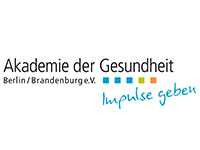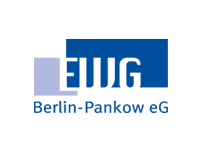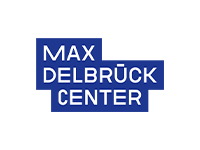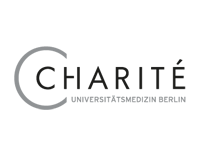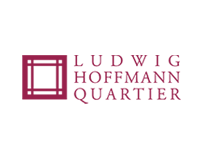Your selection
Research / 18.01.2024
Third ERC Grant for Gaetano Gargiulo
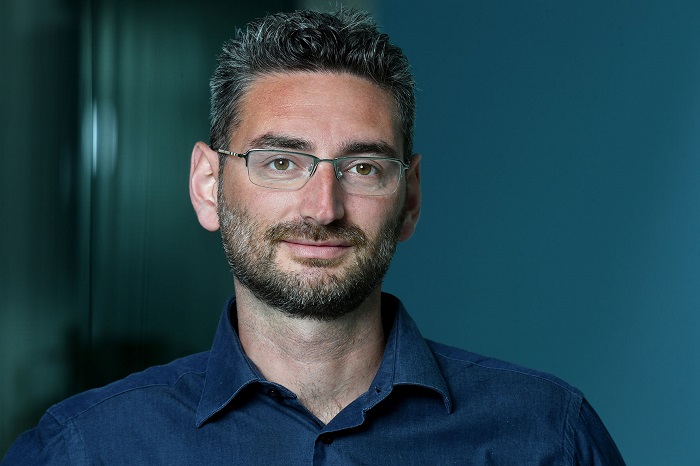
Cell-based immunotherapies, particularly lab-produced immune cells known as CAR T cells, show promise in treating various cancers. But how do we produce effective ones? Gaetano Gargiulo from the Max Delbrück Center will develop a novel screening tool, supported by an ERC Proof of Concept Grant.
Dr Gaetano Gargiulo, head of the Molecular Oncology Lab at the Max Delbrück Center, and his team are working on a screening tool that distinguishes between cell states of CAR T cells when they are either very effective at killing cancer cells or exhausted. The European Research Council is supporting the initial steps toward commercialization with a Proof of Concept (PoC) Grant of €150,000. Gargiulo is among 240 researchers from across Europe who received such funding in last year’s three competition rounds. The ERC announced 102 PoC grants on January 18th, paving the way for the researchers to translate their pioneering findings into broadly applicable solutions.
After a Starting Grant in 2016 and a Proof of Concept Grant in 2022, this is his third ERC Grant. “I am privileged to be continuously supported by European Research Council,” says Gargiulo. “We were blessed with an ERC Starting Grant in the past and created a very flexible technology to study how cancer cells change their state to become worse. We realized that we can also use it to improve immune cells that we genetically engineer to combat cancer. This funding instrument gives us the momentum to tap into this lead.”
Some T cells fall short – for many reasons
CAR T-cell therapies are often a last resort for patients with certain types of leukemia and lymphoma who do not respond to standard treatments – and new versions of these cell-based immunotherapies are being developed for solid tumors as well. This technique involves taking immune cells (T cells) from the patient and equipping them with a chimeric antigen receptor (CAR) in the laboratory. The CAR acts like a tiny antenna, patrolling the body’s cells for specific features on the cancer cells (antigens). Once the CAR T cells are re-introduced back into the patient’s body, they begin to detect and destroy cancer cells with the antigen that fits their new receptors.
However, stumbling blocks such as the intricate manufacturing process, excessive exposure to antigens, the harsh environment within a tumor and in its immediate neighborhood can result in T cells that fall short, hampering their efficacy against both blood cancers and solid tumors. The manufacturing process itself is also very expensive, on the order of hundreds of thousands of Euros, so even minimal modifications to the process that might make it more efficient in producing effective CAR T cells could make this approach more sustainable and available to more patients.
Screening and reversing dysfunction
With the ERC Proof of Concept Grant, the Gargiulo Lab aims to create and validate a novel tool to improve the quality of T cell products in the lab. It's called SynT, a synthetic reporter system designed to indicate different cell states that either render T cells dysfunctional or that represent a potent “serial killer” mode. These cell states are detected by lab-engineered segments of DNA that switches a fluorescent protein on or off (named synthetic locus control region or sLCR). Depending on which sLCR is turned on, the cells glow in a different color when observed under a fluorescence microscope. With a fast microscope and robotic platform, the team can test hundreds of conditions in parallel, to find those that enhance the “serial killer” mode.
“This screening can help us to pinpoint signaling pathways or pharmacological agents that can boost functional CAR T cells and reverse dysfunction. SynT will help us better understand the process of cell bioengineering that underlies cell therapy for cancer, and potentially to improve the manufacturing to increase activity and reduce costs,” says Gargiulo. “Ultimately, these advances can make CAR T cell therapies even more effective.”
Engineered immune cells (shown as small round magenta dots) surrounding brain tumor cells with distinct identities as revealed by a dual synthetic DNA-driven fluorescent reporters (blue & yellow). Photo: Matthias Jürgen Schmitt, Gargiulo Lab, Max Delbrück Center
Source: Press Release Max Delbrück Center
Third ERC Grant for Gaetano Gargiulo
Overview News
News Buch Berlin
Max Delbrück Center to host Helmholtz Drug Discovery meeting
Top scientists and companies will meet in Berlin-Buch for the 2025 Helmholtz Drug Discovery Conference from April 28-30 to discuss RNA drugs, PROTACs, AI in drug discovery, and chemoproteomics and to ...
more ...Eckert & Ziegler Signs Contract Manufacturing Agreement for Yttrium-90-based PentixaTher with Pentixapharm
Eckert & Ziegler Radiopharma GmbH (EZR), a 100% subsidiary of Eckert & Ziegler SE, today announced the signing of a manufacturing agreement with Pentixapharm, a clinical-stage biopharmaceutical compan...
more ...Talk im Cube: "International Cooperation and Funding programs in Life Sciences"
On May 15, we will feature four esteemed experts in the field who will share their insights and experiences on the importance of collaboration across borders and the role of funding in advancing life ...
more ...Events Buch Berlin
26.04.2025, 10:00
ADFC-Frühlings-Radtour entlang der Panke - von Mitte bis nach Bernau
Frühling entlang der Panke. Geschichten von der Mündung der (Ur)panke) bis zum Quellgebiet in Bernau. Weiter durchs historische Bernau zu den ehemaligen Rieselfeldern mit dem heutigen Hobrechtswald.
more ...26.04.2025, 10:57
Bird-Watching in English: Karower Teiche
Excursion with the Volkshochschule Pankow: Level Englisch B1 plus
more ...28.04.2025, 16:00
Repair-Café im Bucher Bürgerhaus
Die “Selbsthilfe in Buch” lädt bei Kaffe, Obst und Kuchen zum gemeinsamen Tüfteln und Plaudern ein. Dabei unterstützen unsere Profis die ratlosen Besitzer defekter, quietschender und wackelnder Gegens...
more ...